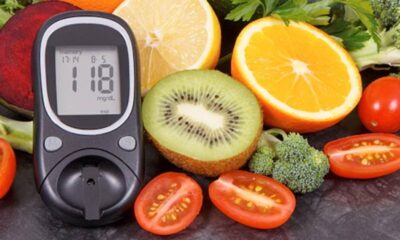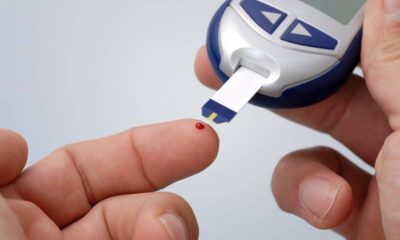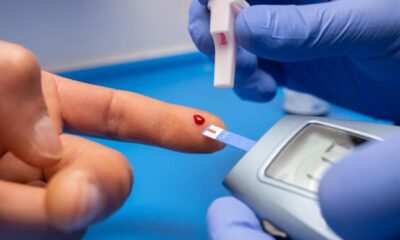

Diabetes is becoming one of the most common lifestyle-related health conditions worldwide. With rising stress levels, unhealthy diets, and sedentary routines, the risk of developing type...


Diabetes is a global health challenge, and managing it effectively requires a combination of medication, lifestyle changes, and most importantly, a carefully planned diet. As we...


Managing diabetes effectively starts on the plate. A well-planned diabetic meal plan helps maintain stable blood sugar levels, supports weight management, and reduces the risk of...


The global demand for oral hypoglycemic drugs is witnessing unprecedented growth as diabetes cases continue to rise worldwide. These medications, commonly prescribed to manage type 2...


Managing blood sugar effectively is a key part of living a healthy life, especially for people with diabetes or prediabetes. While medicines play an important role,...


Diabetes continues to be one of the most researched health conditions worldwide. As we enter 2026, major progress in medicines, medical technology, and scientific research is...


Managing blood sugar levels is a daily challenge for millions of diabetics worldwide. One of the simplest yet most effective strategies is to choose the right...


Regular physical activity plays a crucial role in controlling blood sugar levels and managing diabetes. Exercise not only helps lower glucose in the blood but also...


High blood sugar, also known as hyperglycemia, occurs when the body does not produce enough insulin or cannot use it correctly. Many people may have high...


Managing diabetes becomes much easier when you follow a structured and healthy daily routine. A well-planned routine helps keep blood sugar levels stable, boosts energy, and...